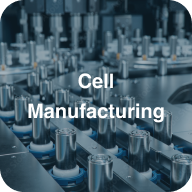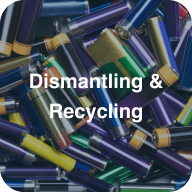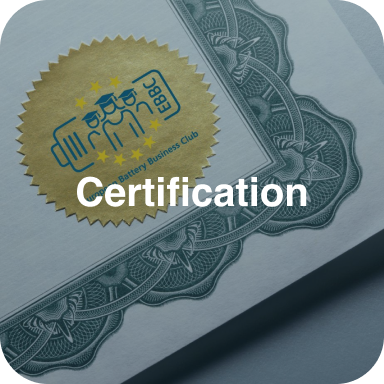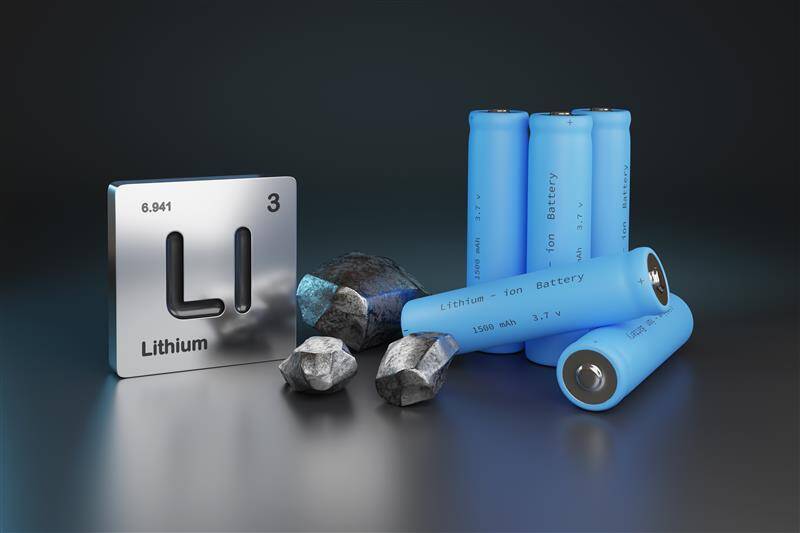Online Expert Talk: »From Road to Cloud: Real-World Insights on Lithium-Ion Battery Monitoring« | May 6th, 2025 from 2 pm – 3 pm
Battery Materials
The first content track provides a concise overview of the different battery materials used in a battery. It starts from the basics including active battery materials and then focuses on electrolyte and electrode formulations and cell chemistry. In addition, performance aspects, critical and next generation materials will be explained. The module covers a workload of approx. 20 hours. The learning content is taught online on our learning platform. This allows you to work on the course content whenever and wherever you want and as often as you want without time pressure.
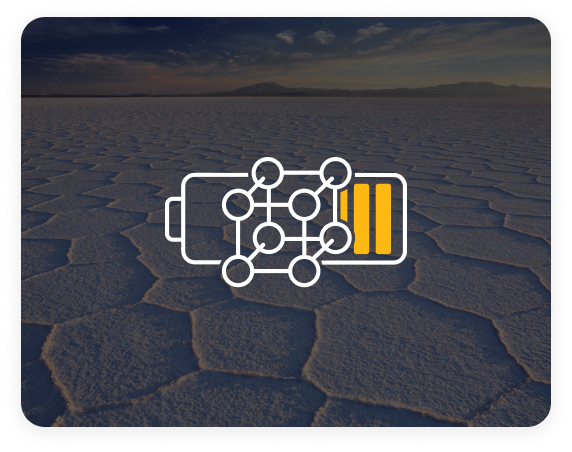
Topics:
- Introduction
- Topic 1: Basics of battery materials and electrochemistry
- Topic 2: Electrode materials and matching battery materials to applications
- Topic 3: Electrolyte formulations
- Topic 4: Material implications on cell chemistry
- Topic 5: Understanding performance parameters of battery materials
- Topic 6: Critical battery materials
- Topic 7: Next generation materials and technologies
- Summary
Learning objectives
After the battery materials module, participants will be able to:
Our experts
The experts in this module all come from Fraunhofer Institute for Silicate Research ISC, Fraunhofer Institute for Manufacturing Technology and Advanced Materials IFAM and the University of Ljubljana.
The Fraunhofer ISC with its R&D Center Electromobility Bavaria works to develop or optimize battery materials and processes for efficient stationary or mobile energy storage systems. In close cooperation with industry, the R&D Center for Electromobility investigates promising materials for electrodes, electrolytes, and other cell components and designs new methods for their manufacturing and processing up to pilot scale. The Center uses state-of-the-art high-end technology for comprehensive analyses of cell components and batteries.
The Fraunhofer IFAM focuses on materials and process engineering aspects in order to develop solutions for electrical, chemical and thermal energy storage systems. In addition to lithium-ion technology, research is also being conducted on other battery systems such as solid-state batteries or metal-air batteries. A laboratory for the development of solid-state batteries is available at the Fraunhofer IFAM in Bremen for research into next-generation batteries.
The research of the University of Ljubljana focuses on synthesis, characterization, and development of advanced materials for sustainable, low carbon energy solutions. The main research areas comprise advanced battery materials, coating development and synthesis and characterization of electrocatalysts. In order to better understand the properties and functioning of these materials, the university also develops own spectroscopic, microscopic and electrochemical methods.

I finalized my Ph.D. in Chemistry at the University of Oklahoma, USA, in May 2009. Since October 2019, I´m a habilitation candidate at the faculty of Chemistry and Pharmacy at Julius Maximilians University of Würzburg.
I have over 10 years of experience in development and characterization of materials for electrochemical conversion and storage applications. My current position is scientific head of Fraunhofer R&D Center for Electromobility Bavaria. In parallel, I´m working as a lecturer at the University of Würzburg on Electrochemical Energy Storage and Conversion.
The collaboration in many EU, German and Industrial Projects on Battery Materials and Components is another professional focus.

Hello, I am Daniela Fenske. I finalized my Ph.D. in Chemistry at the University of Oldenburg in 2009. In that year I joined the Fraunhofer Institute for Manufacturing Technology and Advanced Materials IFAM being part of the buildup of the energy storage labs and facilities from scratch.
My current position is Group Leader for new electrochemical technologies and cell diagnostics in the Energy Storage Department. The focus lays in the development of novel, sustainable battery technologies – from material to the cell and a digitization strategy for an efficient and sustainable use of battery data.
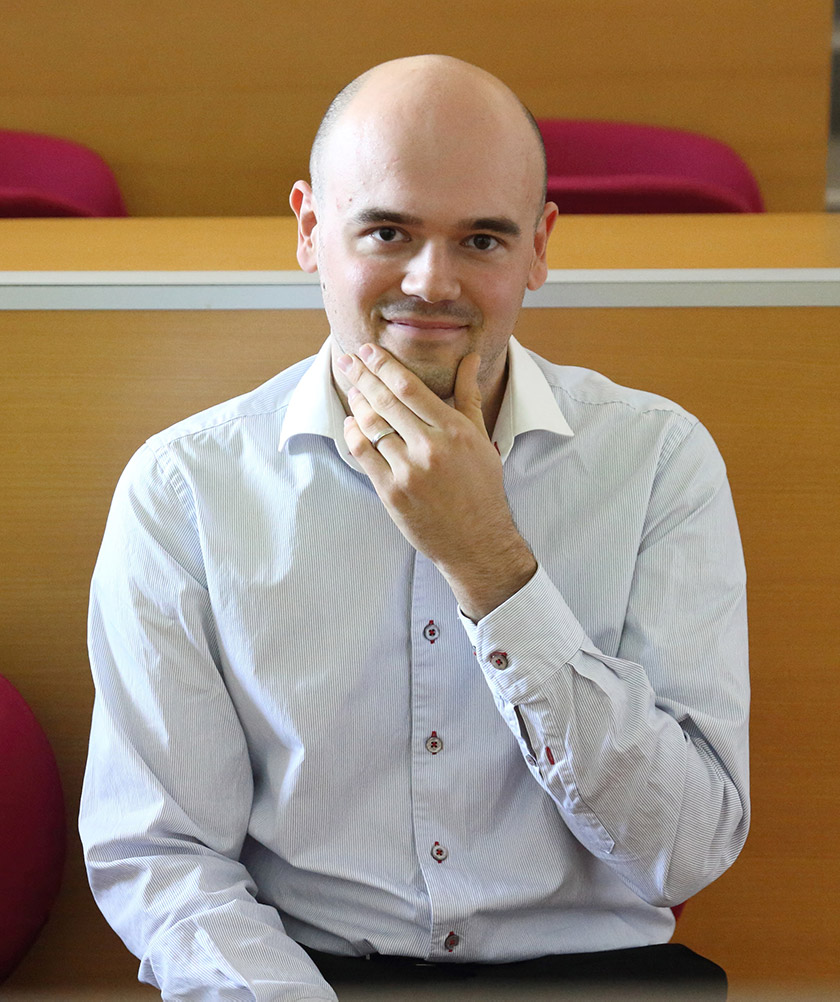
Already since my very young age I was very interested in chemistry and participated in International Chemistry Olympics as a high school student. Hence, the decision to study chemistry at University was very simple. After finishing my degree at the University of Ljubljana, I moved to the National Institute of Chemistry, where I got involved in the battery research.
Focus of my PhD were Mg rechargeable batteries, where we opened a new path of development through application of organic cathode materials in these systems. During my PhD is spent extensive time at Chalmers University of Technology in Sweden and Argonne National Laboratory in US.
After my PhD I started working on other multivalent systems and expanded my field of work to Al and Ca metal anode batteries. Besides searching for new better battery materials, I am also developing new characterization tools such as operando ATR-IR. I have long-term experience with working on industry funded project through developing Mg-organic batteries for Honda R&D.
Currently, I am working on different national and European research project focused on development of multivalent batteries, organic materials and new characterization tools.
Jan on Linkedin →
Jan about his expertise (video) →
Read more about Jan →



